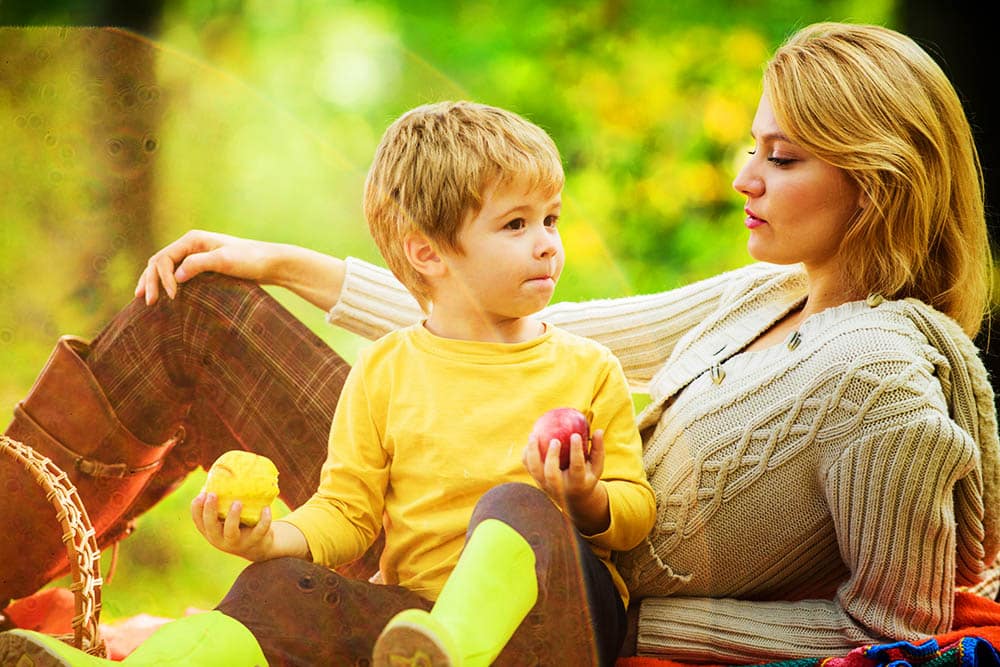The Importance of Understanding Child Development
As parents, we all want to see our children reach their full potential. It’s natural for us to want them to succeed in every aspect of their lives, from academic achievements to social interactions. And while we can provide them with all the resources they need – from the best schools to extracurricular activities – it’s not enough to raise a well-rounded child. What’s essential is understanding child development.
Understanding child development can help you unlock your child’s full potential. It can give you insights into their personalities, behaviour, and the way they learn. When you understand your child’s developmental stage, you can tailor your parenting style to their needs, provide stimulating activities and help them build their confidence and self-esteem.
The Stages of Child Development
There are different stages of child development, each with its unique characteristics. Understanding these stages is crucial to understanding your child’s growth and how you can help them develop. According to Jean Piaget, a renowned child psychologist, there are four stages of cognitive development: the sensorimotor stage, the preoperational stage, the concrete operational stage, and the formal operational stage.
The sensorimotor stage occurs during the first two years of a child’s life. At this stage, infants learn through their senses and motor skills. They start to understand cause and effect, form simple mental images, and develop a sense of object permanence.
During the preoperational stage (ages two to seven years), children learn through play and symbolic thought. They start to develop language skills, imagination, and memory. They can understand concepts such as past, present, and future, but their thinking is still egocentric.
The concrete operational stage (ages seven to eleven) marks the start of logical reasoning. Children can think beyond their experiences and understand the perspective of others. They can solve concrete problems and organize information logically, but they still struggle with abstract concepts.
Finally, during the formal operational stage (ages eleven to adulthood), children develop the capacity for abstract thinking, hypothesis testing, and deductive reasoning. They can think logically, systematically and make connections between different pieces of information.
The Role of Parents in Child Development
Parenting style plays a significant role in a child’s development. Each child is unique, and they all respond differently to various parenting styles. But some general principles can help parents create a parenting style that meets their child’s developmental needs.
During the infant and toddler stage, the primary task of parents is to provide a secure and nurturing environment that supports their child’s physical and emotional development. This stage is critical for bonding and attachment, and parents should focus on building a strong emotional connection with their child. Babies learn through interactions with their parents, so parents should talk and play with their child regularly.
In the preoperational stage, children learn through play and exploration. Parents should encourage their child’s creativity, imagination and provide opportunities for play-based learning. Parents should also introduce their child to new experiences, encourage curiosity and foster a love of learning. Reading to your child and engaging in conversation with them can provide an excellent foundation for language development.
In the concrete operational stage, children benefit from a structured and consistent environment. Parents should provide clear boundaries and expectations, and encourage goal-setting and problem-solving. It’s also essential to teach children how to express their emotions effectively, help them to understand different perspectives, and encourage their independence and autonomy.
Finally, during the formal operational stage, parents can encourage their child’s independence and provide opportunities for them to explore their interests and passions further. It’s also essential to mentor your child during this stage and help them develop critical thinking skills and decision-making skills. This stage is also when children start to develop their identity, so it’s vital to provide support and guidance as they navigate their way through adolescence.
Tips for Unlocking Your Child’s Full Potential
Unlocking your child’s full potential starts with understanding their developmental stage and providing a nurturing environment that supports their growth. Here are some tips that can help you unlock your child’s full potential:
1. Show your child unconditional love and support. Children who feel accepted and loved are more likely to have high self-esteem and develop positive social skills.
2. Encourage your child’s curiosity and creativity. Provide opportunities for exploration and play-based learning.
3. Be consistent with rules and expectations. Research shows that children who have clear boundaries and expectations are more likely to succeed academically and socially.
4. Provide opportunities for your child to develop independence and autonomy. Children who have a sense of control over their lives are more likely to have high self-esteem and succeed academically.
5. Help your child develop a growth mindset. Teach them that failure is not a bad thing, but an opportunity to learn and grow. Encourage them to take risks and challenge themselves.
6. Provide a safe and nurturing environment that supports their emotional and physical needs. Children who feel safe and secure are more likely to thrive academically and socially.
Conclusion
Unlocking your child’s full potential starts with understanding child development. When you understand your child’s developmental stage, you can tailor your parenting style to their needs and provide a nurturing environment that supports their growth. It’s also essential to provide opportunities for your child to explore their interests and passions, encourage their independence and autonomy and show them unconditional love and support. With the right parenting style and environment, you can unlock your child’s full potential and help them become the best version of themselves.
